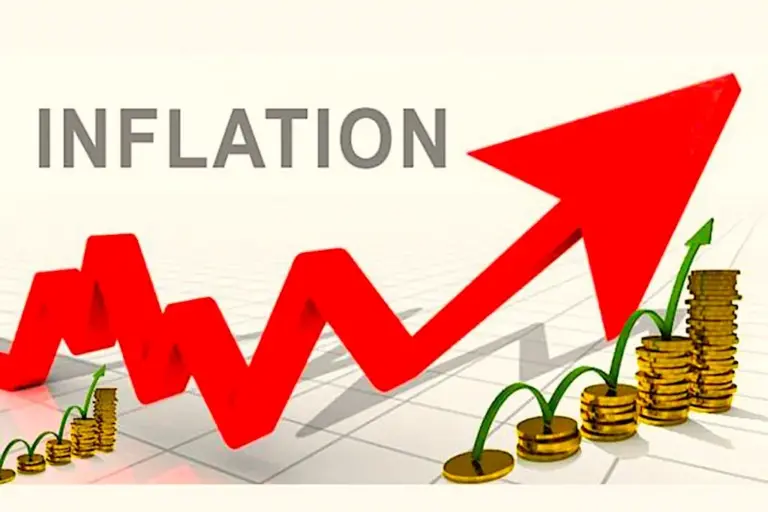Barely a year after Nigeria approved its historic wage increase, the promised relief for workers has been swallowed by inflation.
In July 2024, President Bola Tinubu signed the Minimum Wage (Amendment) Act into law, raising the national minimum wage from ₦30,000 to ₦70,000 — a 133 percent jump and one of the largest pay boosts in the country’s history. The move followed months of tense negotiations with labour unions and was intended to shield workers from rising prices, a weakening naira, and economic decline.
But new data suggests the gains have already been wiped away.
A report by Dataphyte reveals that between January and July 2025, soaring inflation reduced the real value of ₦70,000 to just ₦55,379. In effect, workers are not much better off than they were under the ₦30,000 wage of previous years.
Despite government claims of an 84 percent drop in inflation during the first half of 2025, analysts note that the decline was largely statistical, driven by a rebased consumer price index rather than genuine relief in household spending.
For most families, the reality is clear: food, housing, transport, and other essentials remain painfully expensive.
The Nigerian Labour Congress (NLC) has long argued that the ₦70,000 wage falls short of meeting even basic needs. Historical patterns back this concern. When the minimum wage rose from ₦18,000 to ₦30,000 in 2019, its purchasing power had already collapsed to ₦15,540 by 2023 and further to ₦11,708 by mid-2024.
Now, the same cycle is repeating itself — wages rise, but inflation erases their value before workers can feel the benefits. Economists warn that without tackling inflation at its roots, wage hikes will remain little more than temporary relief.
The ₦70,000 minimum wage may have been celebrated as a landmark policy last year. Today, for millions of Nigerian workers, it already feels like history.

